Nowadays, horse meat is attracting attention for its high protein content, low fat, and ability to be eaten raw. Since ancient times, there have been several regions in Japan country where horse meat eating culture is thriving. Nowadays, Kumamoto is one of the areas that can be said to be the mecca of horse meat eating culture. In this article, we will explain when Basashi began to be eaten and why horse meat eating culture such as basashi is thriving in Kumamoto.
WHAT DOES BASASHI MEAN?
Basashi is a traditional food in Kumamoto prefecture in the Kyushu region. The word basashi came from the word “baniku” which means horse and “sashi” which is an abbreviation for sashimi. Translating basashi in English translation means horse meat sashimi or raw horse meat.
DESCRIPTION OF BASASHI
Basashi is a regional food in Kumamoto prefecture It’s an unusual dish made out of thin slices of raw horse meat. It belongs to a popular and broad group of sashimi. One can choose to prepare basashi from the three different cuts it has. One variety is what they called “Toro”. It’s the finest part of the horse’s rib meat. It includes completely trimmed meat, without any excess fat on it. The second variety is the frosted lean meat part. It includes meat pieces thoroughly marbled with fatty streaks. Lastly and the rarest one is called “Futaego”. It comprises the three-layered meat of the horse’s neck. This part has a crunchy texture and an extremely fatty cut.
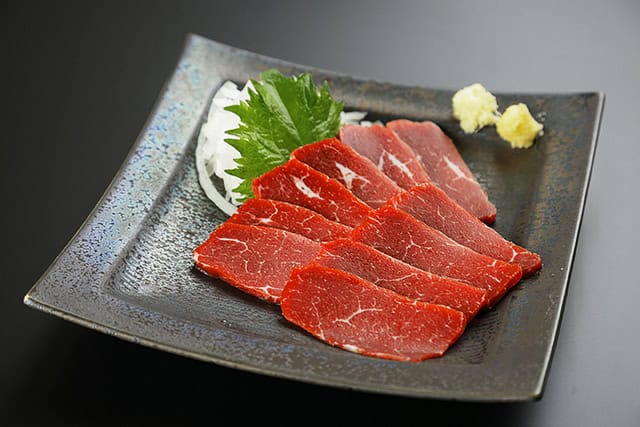
Compared to any other meat, the horse meat is leaner. Consuming horse meat has a slightly sweet flavor similar of that to beef. Depending on the maturity, its color can range from pink to dark red. Many of those who already tasted it stated that they can’t even tell the difference between beef and horse meat.
Taste Differences and Western Pairings
Basashi has a very clean and slightly sweet taste that is much lighter than Western beef tartare. While beef can have a heavy and metallic flavor, this raw horse meat is very pure. It has a light umami that does not overwhelm the palate. The Japanese version is usually served with sweet soy sauce and grated ginger or garlic. These toppings add a sharp and spicy kick that brings out the natural sweetness of the meat. It feels very fresh and lacks the greasy aftertaste often found in other raw meats.
Lean Meat Against Marbled Fat
There are two main styles of this meat that you will see on a menu. The red lean cut is very high in protein and very low in fat, making it a healthy and low calorie choice. It has a very clear and metallic taste. The fatty cut, which often comes from the neck or belly, is white and looks like marble. This version is much higher in calories but has a rich and creamy flavor. While the lean cut is simple and light, the fatty one is a heavy and decadent treat.
Sensory Details and Eating Texture
The feeling of eating this raw meat is very unique because it is quite solid and bouncy. It does not turn into mush in your mouth but stays slightly chewy as you eat it. When it is sliced very thin, it has a smooth and cool sensation on the tongue. If you dip it in thick soy sauce, the liquid creates a tacky coating that makes it slide easily down your throat. While it is rarely cooked, heating it even a little makes the meat turn very tough and lose its melting quality.ce, try layering a piece of lean meat with a slice of mane fat; it creates a melt-in-your-mouth sensation that is truly unforgettable.
BASASHI HISTORY
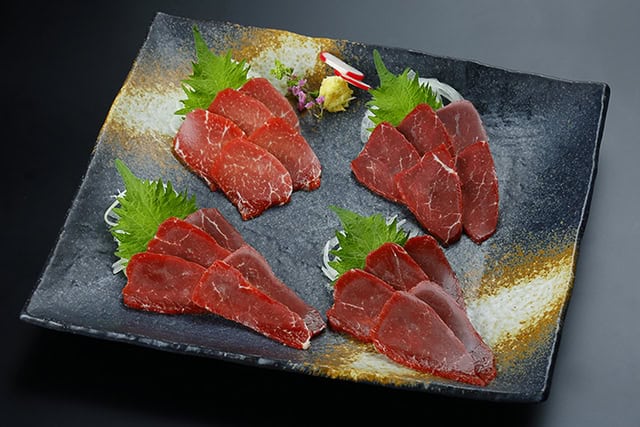
Although Basashi is not an ordinary dish, it’s a tradition in Japanese culture. It can also be associated with other Japanese regions, not just the Kumamoto prefecture. These Japanese regions became a famous horse-producing area since ancient times. A new culture was born due to the increase in horse production. Kumamoto prefecture accounts for 40% of horse meat production. Therefore, making it the number one horse meat producer in Japan. The Japanese diet in the early years consisted mostly of rice, seafood, and wild game.
The culture of eating horse meat sashimi has taken its roots from Kiyomasa Kato. Kiyomasa Kato was the first feudal lord of the Higo Kumamoto domain at that time. During the war, Kiyomasa Kato was forced to eat a warhorse. This is due tp a shortage of food supplies. He, later on, became fond of eating basashi even before returning to Japan. Because of his position as the first feudal lord, the basashi spread throughout the country. Ever since the end of the First World War, the popularity of basashi has widely spread throughout different countries. And after this, it became an increasingly common household ingredient.
HOW TO EAT BASASHI?
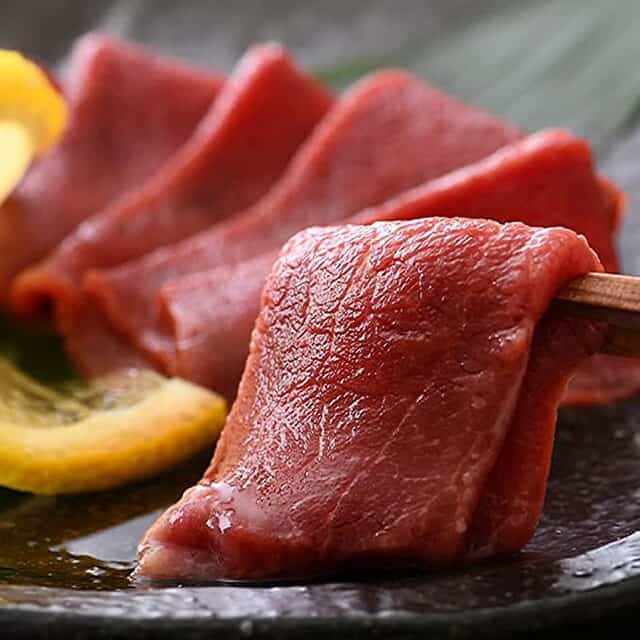
Horse meat, soy sauce, fresh ginger, daikon radishes, and also shiso leaves are the recipes of Basashi. Serving frozen basashi will prevent the spread of a deadly bacteria called Sarcocystis. You can enjoy the basashi with thin slices of raw horse meat wrapped in a shiso leaf. Like sashimi, serving raw basashi is common. You can dip it in soy sauce with ginger or Japanese horseradish and onions. Menus for yakiniku, a type of barbeque, also have horse meat as their ingredients. Nowadays, Izayaka bars served basashi with soy sauce, grated ginger, and garlic as its condiments. They usually paired it with sake, the traditional Japanese rice wine.
In Japan, if the raw food processing facility meets hygiene standards, there will be no risk of food poisoning. But there will be a possibility of bacterial contamination during the slaughter process. This bacterial contamination causes mostly an intestinal-type disease that has symptoms of diarrhea, mild-fever, and vomiting.
WHAT ARE THE DANGERS OF EATING HORSE MEAT?
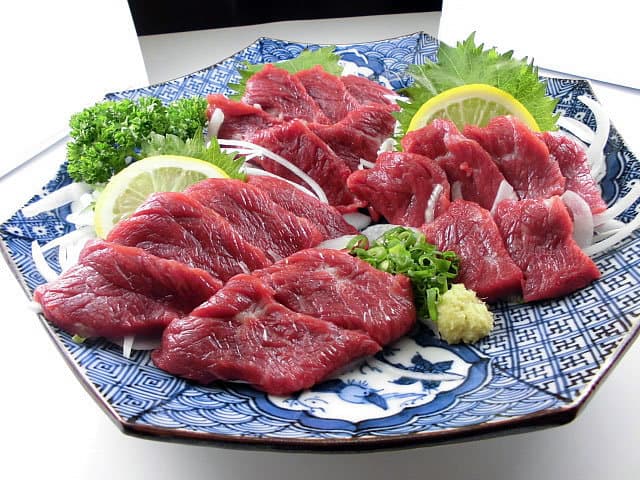
Horse meat is reputed for its hygienic qualities. You should consume the horse meat in its fresh state. It is even common for minced horse meat to be eaten raw. Good fact-checking is essential when it comes to horse slaughter. Contaminated horse meat is not common. Fresh horse meat is the key to eating it safely as raw or lightly cooked.
Phenylbutazone is a contamination virus that causes cancers fatal to humans, particularly babies. This virus often occurs at the surface of animal meat, especially as the meat is often minced, and it can easily spread.
HOW DOES BASASHI TASTE LIKE?
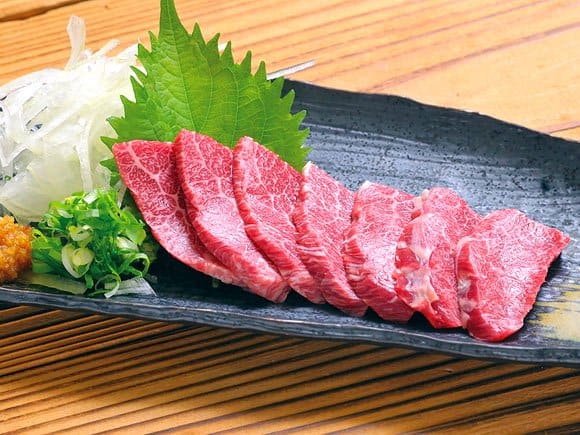
Some people who have tasted it said that its taste is almost the same as raw beef. Although some describe it is as soft in one part and somehow chewy at the others. Basashi has more protein and less fat than lean beef. It tastes somewhat like a mix between beef and venison. It can be a bit sweeter than other red meats, yet still possesses a dense meat flavor with a hint of gaminess. In addition, Japan has also innovated desserts from this basashi, such as ice cream, etc.
IS RAW HORSE MEAT SAFE?
Putting aside the ethical and moral consideration of slaughtering an animal, there are health concerns regarding the eating of raw horse meat. One example of this is acquiring trichinosis. Trichinosis is a parasitic disease that is a health concern with eating raw horse meat. Indeed, eating the wrong piece of raw horse meat would be like eating drug-riddled raw pork.
WHY DOES JAPANESE EAT RAW HORSE MEAT?
Eating horse meat isn’t taboo at all in Japan. It is a delicacy and is common in the country. In Japan, eating raw horse meat is healthy. It’s because the color of its flesh is redder than other meats. This is due to its high hemoglobin level. Having a high hemoglobin level means that it has less fat and calories, and more vitamins and minerals.
WHAT COUNTRIES EAT HORSE MEAT?

If you don’t know eating a raw horse meat has been a widespread phenomenon during the First World War and many countries do sell and eat raw horse meat. There are other nations where many people eat horse meat without a second thought. These are Mexico, Switzerland, Kazakhstan, Belgium, Japan, Germany, Indonesia, Poland and China.
RECOMMENDED BASASHI RESTAURANTS
Tengoku Honten
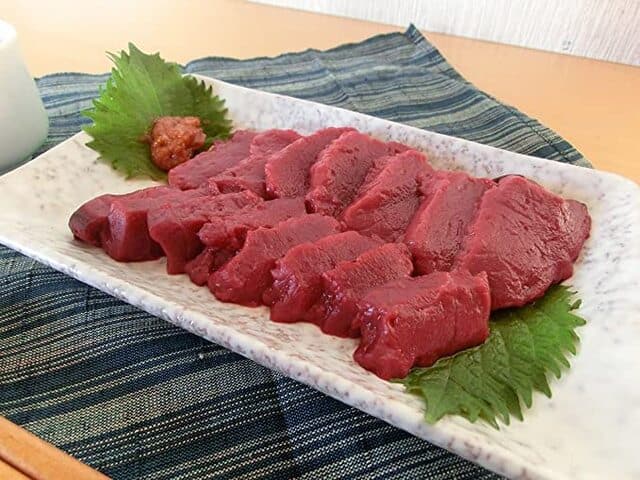
If you want to enjoy high-quality horse meat dishes, you can head over to Tengoku Honten. It’s just within walking distance from Kumamoto Station. Tengoku Honten is a horse meat restaurant that has been in business for over 30 years. With its purchasing route unique to a long-established store, this restaurant offer dishes that are particular about their high-quality horse meat. These are liver of rare parts, sashimi of mane, and shabu-shabu. These can be paired with their delicious locally-produced sake from Kumamoto. They also offer a great lunch menu and course meals for dinner and anniversaries.
Suganoya Kamitori
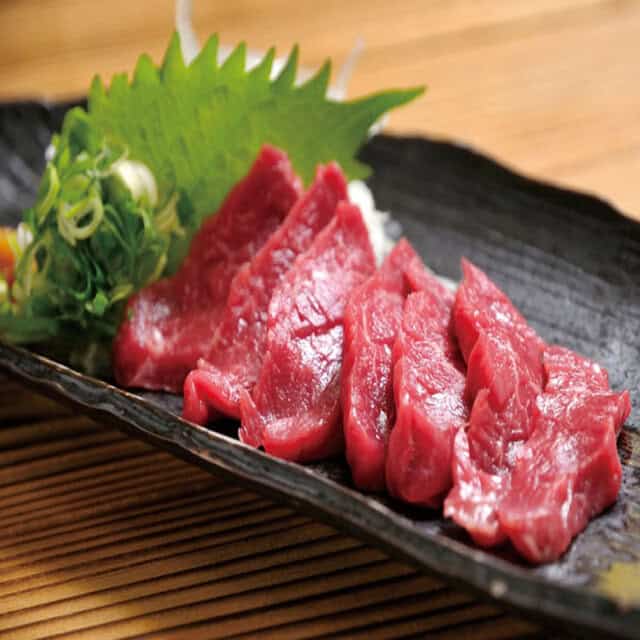
Suganoya Kamitori has their own factory where they processed their horse meat. The mail-order sells the horse meat commercialized at the factory. This is also available at direct sales offices and restaurants. They carry out integrated production from slaughter to processing. Thoroughly controlled quality-meat without any exposure to the outside air will make the entire production process complete. The restaurant is also working on product development. As a result of this, everyone can enjoy the deliciousness of horse meat. Everyone recommended this restaurant because of its courteous service. In addition to that is the intricate and beautiful presentation of their dishes. Lastly, the quality of the horse meat that has a tender, succulent texture. It is similar to that of high-quality Japanese beef.
Address: 2F, 2-12 Jōtōmachi, Chūō-ku, Kumamoto, Kumamoto Prefecture 860-0846
Phone Number: 096-355-2877
Hours Open: 9: 00-17: 00 (excluding Saturdays, Sundays and public holidays)
Torasakura
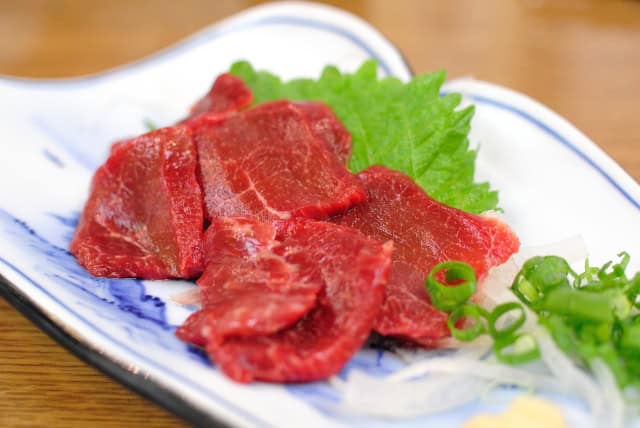
Torasakura is a horse meat specialty store wherein you can enjoy authentic horse meat dishes. It was said that there is a deep bond and history with each ranch owner in Kumamoto. Also, the depth of love for horse meat is the number one secret of deliciousness of the basashi. Healthy and anti-aging meat so customers can enjoy their high quality basashi sashimi with outstanding freshness. It comes with a special sauce especially made for it. They also offer varieties of horse meat dishes depending on price.
Umasakura
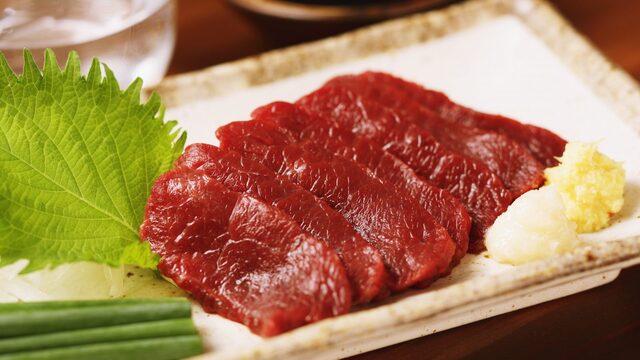
Umasakura is another horse meat specialty store. You can enjoy fresh horse sashimi and creative horse meat dishes here. In fact, they offer basashi or horse sashimi unique to Kumamoto. This includes classics such as lean meat to rare parts such as mane and futaego. In addition, they also offer yakiniku, shabu-shabu, steak, and local dishes. They also have a wide selection of shochu and sake from Kumamoto. You will be in awe when you see their collection of horse meat steak. You can enjoy the charm and the impressive texture of the steak.
Mutsugoro
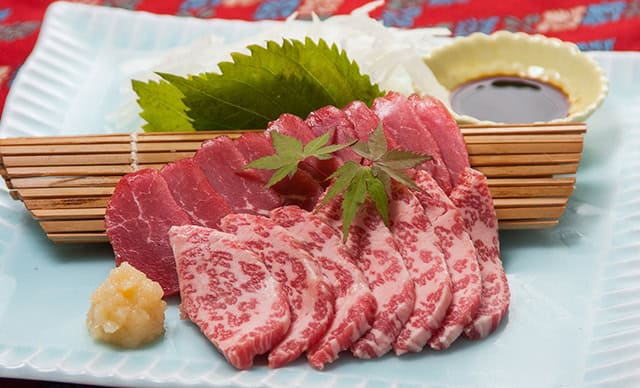
A famous horse meat restaurant where you can enjoy Kumamoto’s famous marbled horse sashimi and local cuisine called Mutsugoro. This store offers plenty of rare horse dishes such as horse natto, horse grilled, and sushi. The shop served a marbled basashi or horse sashimi dish that can only be tasted in Kumamoto. Among them, horse fillet steak is a special menu with condensed meat flavor. There are also local dishes such as Karashi Renkon and one-letter round and round. You can fully enjoy the taste of Kumamoto along with local sake and shochu.
CONCLUSION
Eating basashi or raw horse meat is quite uncommon in those countries that have stricter beliefs in terms of moral and ethical considerations in life. Surely eating it with a closed-mind will have some effect on the opinion of your taste to it.
The “disgusting factor” will be non-existent if one can becomes accepting of eating down an animal that is supposedly running in the barn. Because we think that it is uncommon, we just can’t deny the fact that it became like that because of how some countries truly embraced it as part of their history and became part of their culture now.
Accepting and adapting one’s culture isn’t easy to do but judging someone’s culture is an easy task for some of us. Judging one’s culture is like judging the whole nation so we should be more considerate and be more open-minded.
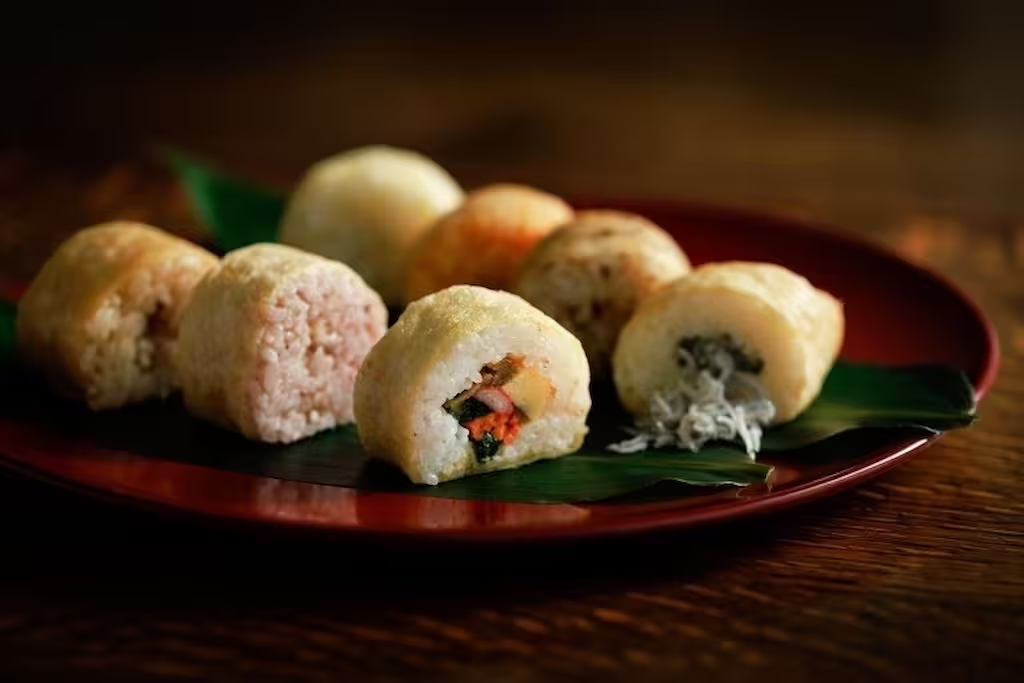

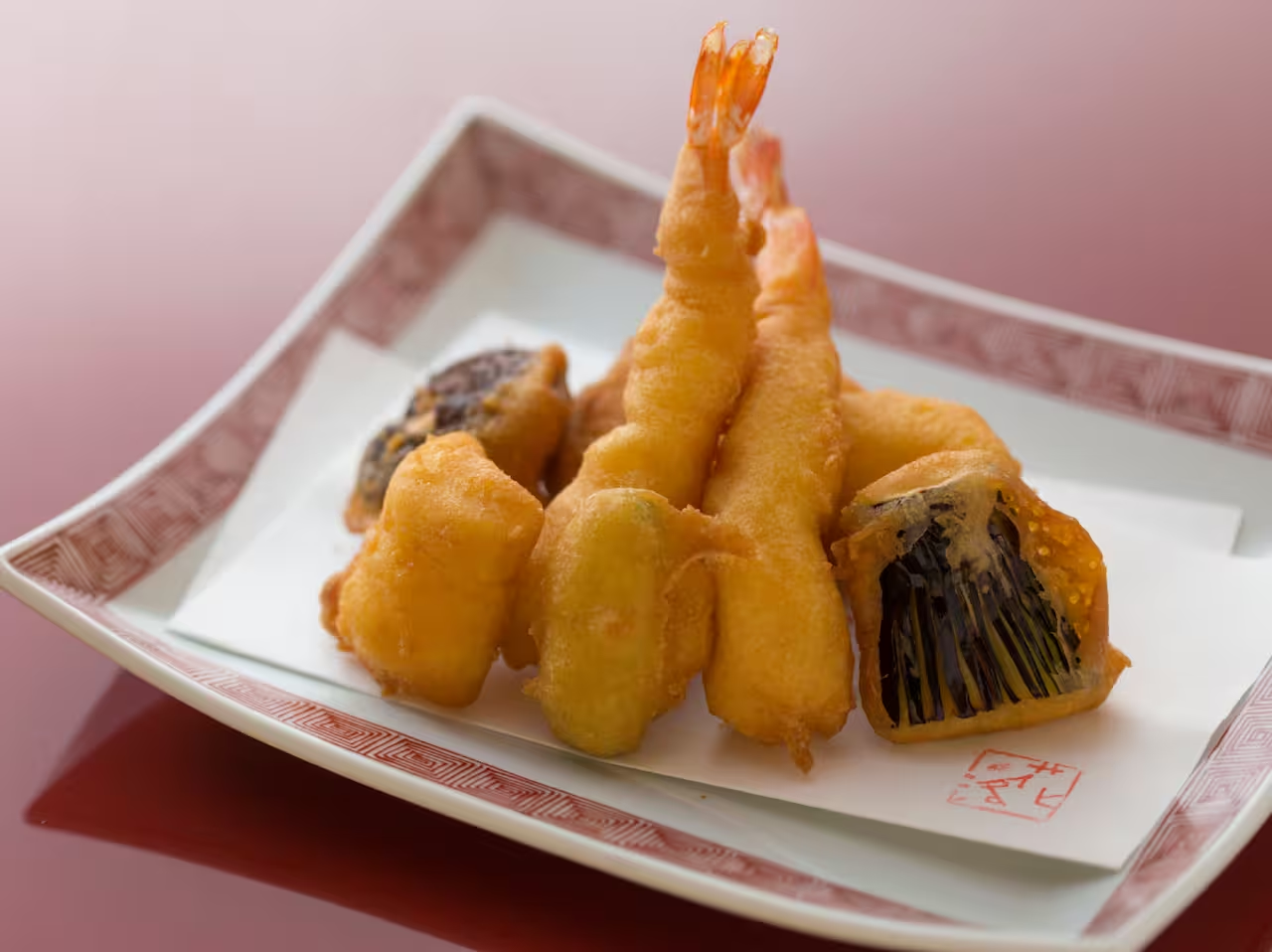
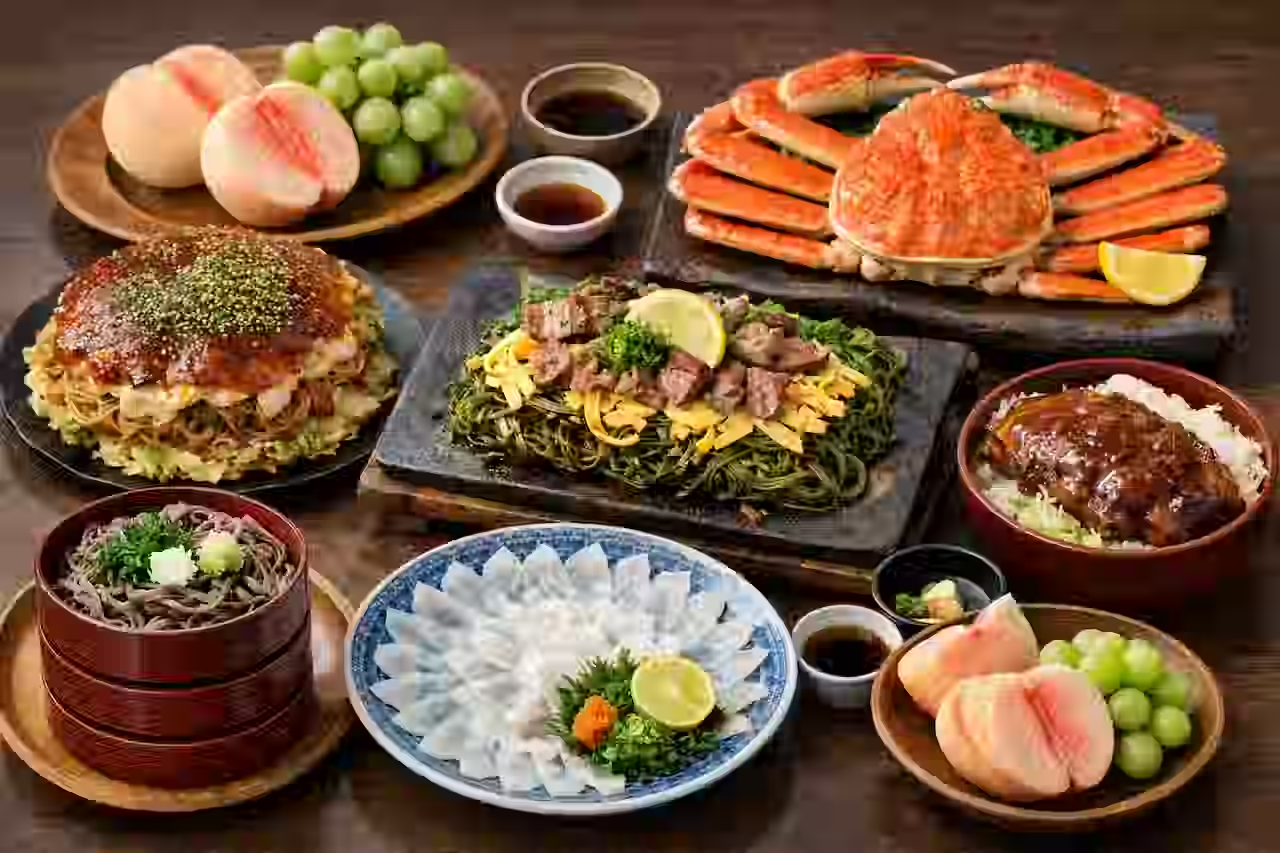
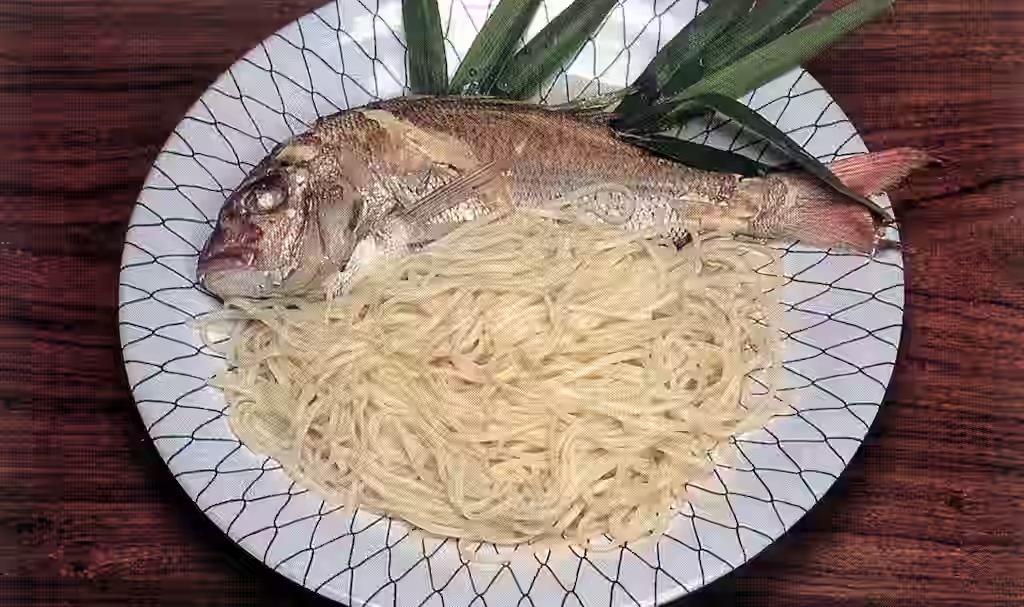

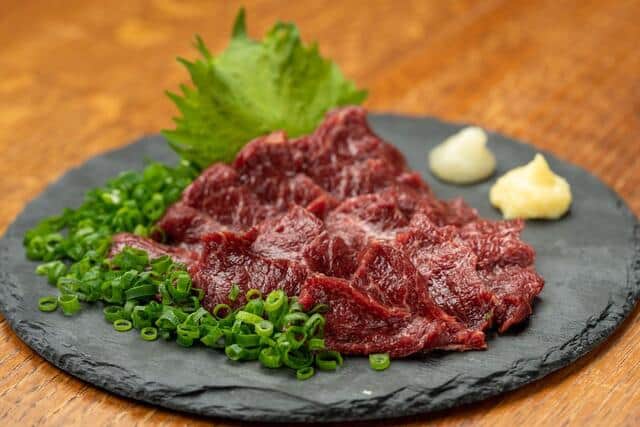
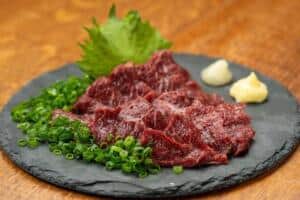
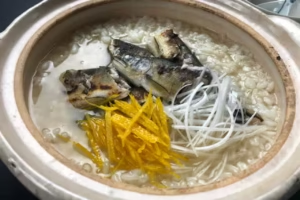
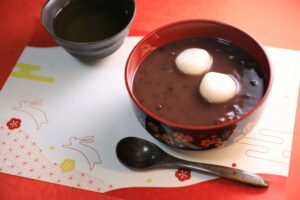
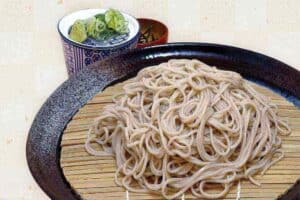
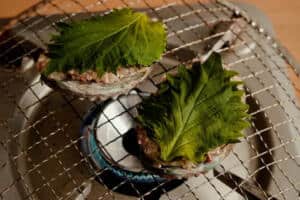
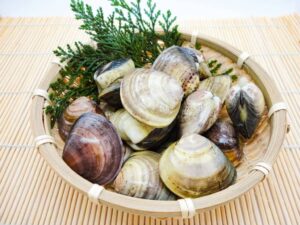
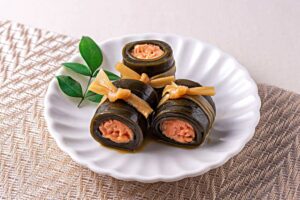
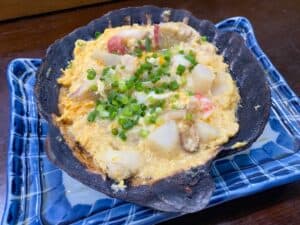
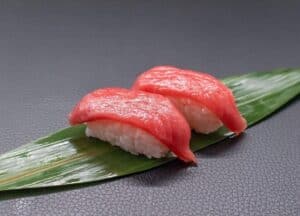
Comments